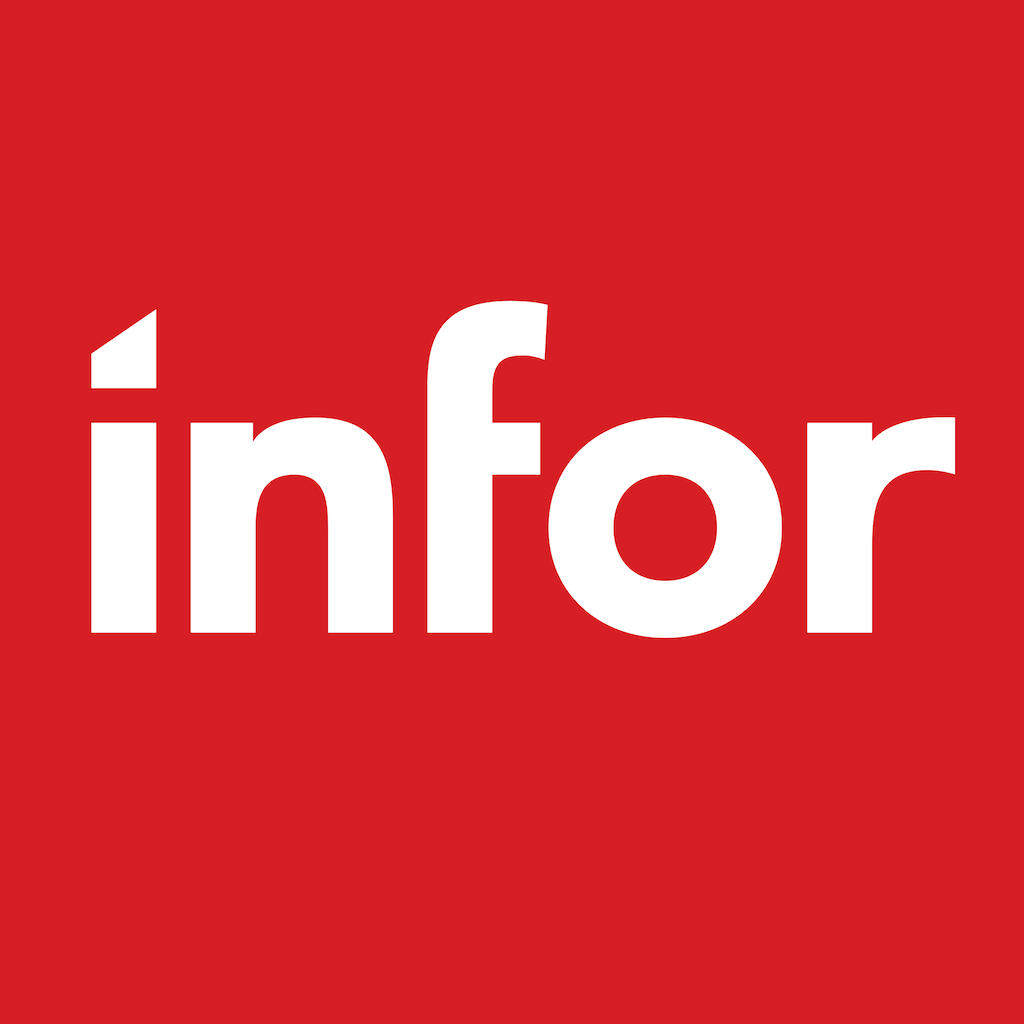Achieving Sales Excellence Through Qualified Leads

Achieving sales excellence begins with controlling qualification. Sales teams live and die by the quality of their pipeline. When opportunities are poorly qualified, activity increases but performance rarely follows. Every call, every meeting, and every forecast becomes less certain. It is a challenge most operational and commercial leaders know too well. The energy spent chasing the wrong opportunities drains morale, wastes budget, and clouds strategic visibility.
A qualified pipeline is business names and numbers, sure, but fundamentally it represents the foundation of predictable growth. When qualification is structured and consistent, sales teams focus where potential meets readiness, and effort turns into measurable progress.
The impact of effective qualification extends beyond sales as accurate qualification informs marketing strategy, strengthens forecasting accuracy, and gives leadership confidence in the numbers. When CRM data reflects genuine opportunity, every decision, from resourcing to investment, is based on evidence rather than assumption.
This guide explores the frameworks, processes, and cultural shifts that create consistent qualification. It looks at how Dynamics 365 and Microsoft Copilot can support these disciplines and why technology alone is never enough without alignment and intent. The goal is to turn qualification into a strategic advantage that drives sales excellence and sustainable growth.
What are Sales Qualified Leads (SQL)?
Sales excellence begins with clear qualification. A Sales Qualified Lead, or SQL, represents a prospect that has been assessed through a defined process and proven to have genuine intent to purchase. Within the CRM, an SQL demonstrates verified readiness, relevance, and clear opportunity for engagement, rather than just another record or data point.
An SQL sits at the point where marketing interest becomes commercial potential, bridging curiosity and conversion, ensuring that sales energy is focused on prospects who are both able and willing to move forward.
The qualification journey usually follows a clear path:
- Marketing Qualified Lead (MQL): A prospect who has demonstrated awareness or engagement.
- Sales Accepted Lead (SAL): The sales team reviews the lead and confirms it is worth developing.
- Sales Qualified Lead (SQL): The lead meets measurable criteria for need, authority, and budget, and is ready for a structured sales conversation.
Strong qualification allows sales teams to build trust earlier in the process using the insight provided by the data. By focusing on qualified prospects, organisations improve conversion rates, shorten sales cycles, and strengthen forecasting accuracy.
SQLs also elevate sales performance standards. They give managers confidence in pipeline quality, help marketing refine targeting, and provide leadership with reliable indicators of growth potential. In this way, qualification becomes a pillar of sales excellence, creating a direct link between process, performance, and predictability.h potential. In this way, qualification becomes a pillar of sales excellence, creating a direct link between process, performance, and predictability.
Why Standardisation Matters for Sales Excellence
Imagine a sales team where every rep defines a qualified lead differently. One might describe any contact as an opportunity; another may wait until a decision-maker signs. Without standardisation, qualification becomes subjective. A shared framework creates alignment, ensuring every conversation, dashboard, and forecast reflects the same understanding.
When everyone follows a consistent model such as BANT or MEDDIC, the business gains:
- Clarity: Every lead is measured using the same criteria.
- Comparability: Performance is evaluated fairly across teams.
- Scalability: New hires ramp quickly through structured, repeatable learning.
One QGate client implemented a standardised BANT model across global teams. Within two quarters, their qualified leads dropped by 40 percent, while conversions rose by 25 percent. They found fewer leads but far better ones.
Standardisation strengthens precision through shared understanding. When qualification becomes a common language, sales excellence becomes intentional rather than accidental.
Common Sales Qualification Frameworks Explained
There is no shortage of frameworks in sales, but consistency, rather than complexity, drives performance. Here is an overview of widely used models and when they work best:
BANT – Budget, Authority, Need, Timing
Simple, proven, and ideal for straightforward sales cycles.
- Budget: Can they afford it?
- Authority: Can they approve it?
- Need: Do they have a defined problem?
- Timing: When will they act?
Best for transactional sales; less suited to complex deals.
CHAMP – Challenges, Authority, Money, Prioritisation
A modern, customer-centric evolution of BANT.
- Focuses on customer challenges first.
- Best for consultative selling where understanding pain points matters most.
ANUM – Authority, Need, Urgency, Money
Puts authority first because talking to the right person matters more than any other factor.
Best for enterprise sales or multi-stakeholder environments.
FAINT – Funds, Authority, Interest, Need, Timing
Designed for emerging markets and innovative solutions where budget may not yet exist.
Best for visionary selling where demand is still forming.
GPCTBA/C&I – Goals, Plans, Challenges, Timeline, Budget, Authority / Consequences and Implications
Encourages exploration of business outcomes rather than product features.
Best for solution-based or value-focused selling.
MEDDIC – Metrics, Economic Buyer, Decision Criteria, Decision Process, Identify Pain, Champion
Ties qualification directly to measurable business results.
Best for complex, multi-stage B2B sales.
The key is to select one model, apply it consistently, and keep it under review as markets evolve.

The Benefits of Effective Qualification
A well-qualified pipeline operates like a well-tuned engine: smooth, powerful, and predictable. Without disciplined qualification, even skilled salespeople waste energy on opportunities that will never close.
Effective qualification changes how teams work. They prioritise leads with genuine potential, target their effort, and maintain control over outcomes; this is the core of sale excellence.
A QGate client described the shift this way: “We stopped treating leads like lottery tickets and started treating them like investments.”
That change pays off through:
- Efficiency: Sales teams focus energy where it matters.
- Accuracy: Forecasts become realistic and reliable.
- Focus: Teams understand which opportunities align with business strategy.
- Collaboration: Marketing, sales, and delivery share a single definition of success.
- Coaching: Managers can target improvement precisely where qualification breaks down.
Effective qualification removes friction and strengthens engagement. Every conversation becomes more relevant, every forecast more credible, and every success more repeatable.
The Risks of Poor or Inconsistent Qualification
Poor qualification creates a false sense of performance. A growing pipeline can mask weak opportunities, leaving teams chasing volume rather than value.
The risks include:
- Unpredictable forecasts: Revenue projections lose accuracy.
- Sales fatigue: Teams waste time on prospects with no intent.
- Customer frustration: Buyers are approached too early or too often.
- Missed opportunities: Genuine prospects are overlooked amid noise.
Inconsistent qualification damages culture as well as performance. When data is unreliable, opinions replace evidence, and accountability fades. Predictability, the hallmark of excellence, disappears with it.
Sales Excellence and Building a Qualification Culture
Creating a culture of qualification begins with intent. It requires every member of the sales organisation to recognise qualification as a contributor to value creation and business performance. Because qualification becomes part of daily behaviour, teams gain visibility into opportunity quality, and managers gain a reliable picture of pipeline health.
Training should focus on discovery and understanding rather than simple documentation. Sales professionals must learn the reasoning behind each qualification step so that they can adapt questions and insight to different scenarios while staying aligned to the process.
Building this culture also strengthens transparency. When qualification criteria are shared and visible across teams, ownership becomes collective. Every individual can see how leads progress and how their actions influence outcomes. This openness reduces duplication, encourages accountability, and replaces internal competition with collaboration.
The benefits extend beyond efficiency. A transparent qualification culture improves coaching, because managers can identify where opportunities need support and provide guidance based on consistent evidence. It also promotes learning; teams share what works and refine best practices together. Over time, this sense of shared responsibility creates stronger alignment between marketing, sales, and leadership.
Practical steps include:
- Train for consistency so that every salesperson interprets the framework the same way.
- Make success visible by recognising well-qualified opportunities and sharing examples.
- Embed qualification directly within CRM workflows to ensure it becomes intuitive.
- Review performance regularly and turn findings into collaborative coaching sessions.
As one QGate Partner noted, consistent qualification builds trust both within the business and with customers. It replaces subjectivity with transparency and turns qualification into a foundation for genuine collaboration and shared success.
The Role of Technology
Technology does not replace human judgment; it amplifies it. CRMs like Dynamics 365 give sales teams the structure and visibility they need to qualify consistently and manage performance effectively.
Modern qualification tools within Dynamics 365 can:
- Auto-score leads against frameworks like BANT or MEDDIC.
- Visualise readiness through clear dashboards.
- Map decision-makers in complex deals.
- Analyse performance patterns for coaching insight.
One QGate client implemented dynamic scoring that adjusted qualification criteria in real time. Within weeks, sales teams were prioritising with precision, and review meetings became shorter and more focused.
Technology reinforces discipline and enables scale. When combined with a consistent process, it transforms qualification from a task into a driver of growth.
From Sales Process to Sales Excellence
Qualification frameworks must evolve with the market. Buyer expectations shift, and what worked last year may be less relevant today. Treating qualification as a living process ensures that it remains effective.
Regularly review:
- Which deals progressed fastest, and why.
- Which qualified leads stalled, and what was missing.
- Whether current scoring reflects modern buying behaviour.
Encourage feedback loops between sales and leadership. Insights from front-line teams are invaluable for refining models and identifying new signals.
Qualification should be tuned like an instrument, with small, frequent adjustments keeping performance in harmony. As one QGate Consultant explained, “Qualification is about saying yes to the right opportunities, faster.”
Qualification defines sales performance. When the process is structured, measurable, and understood by everyone, teams operate with confidence and precision.
A shared qualification framework aligns effort with opportunity, turning CRM data into a strategic asset rather than a record of activity. That alignment transforms sales forecasting, coaching, and collaboration.
QGate helps organisations embed qualification discipline within Dynamics 365, combining technology with methodology to achieve predictable growth and sustained sales excellence.
Talk to us about building a qualification framework that delivers consistency, confidence, and measurable performance across your CRM.






















